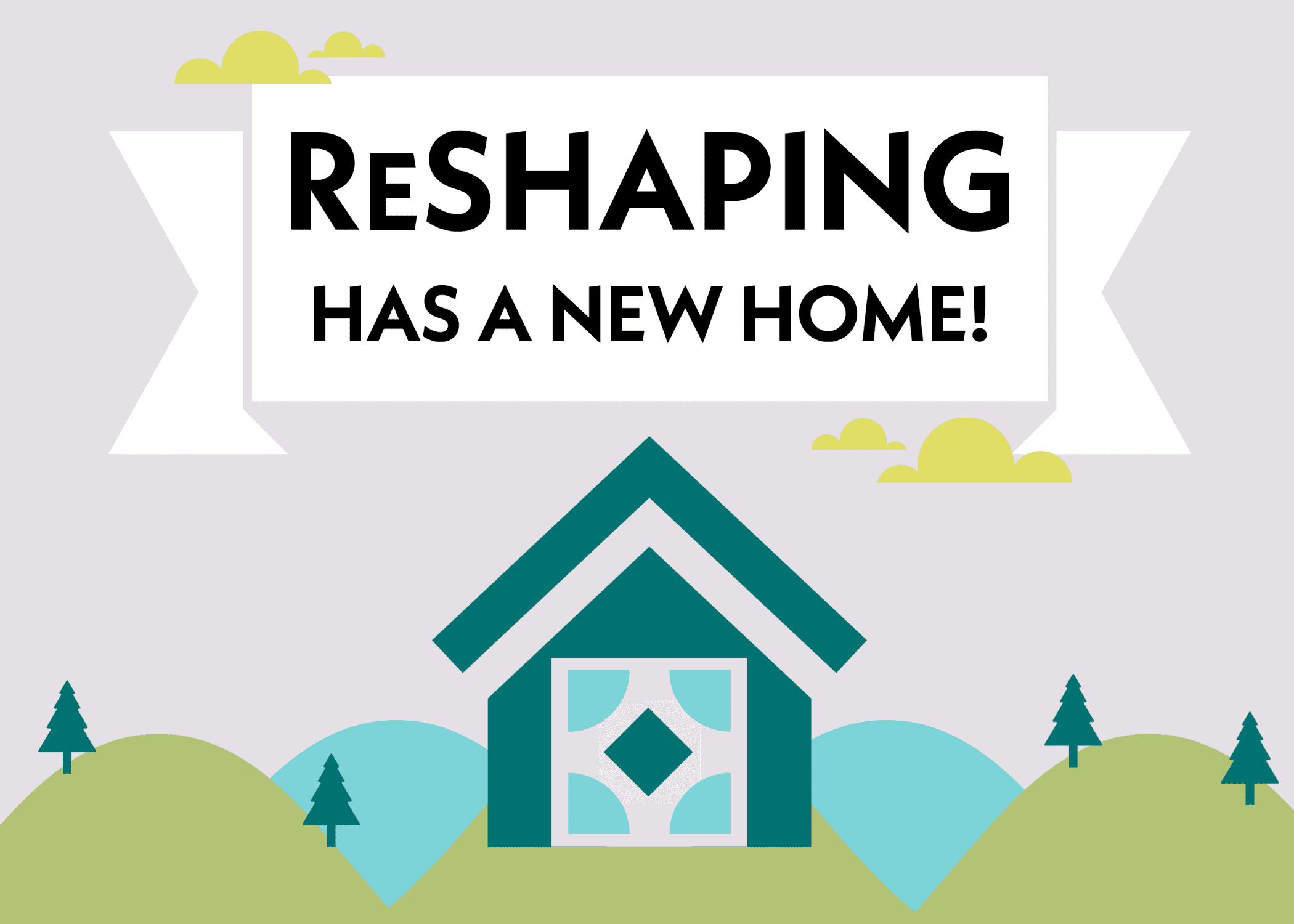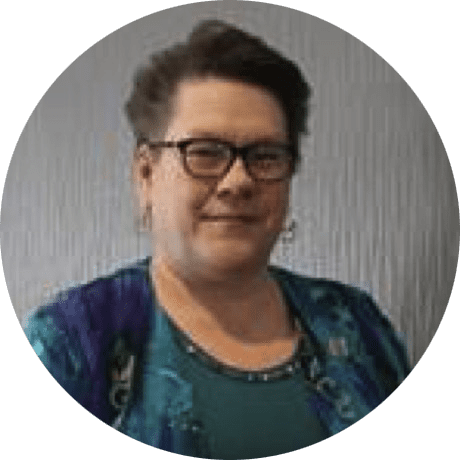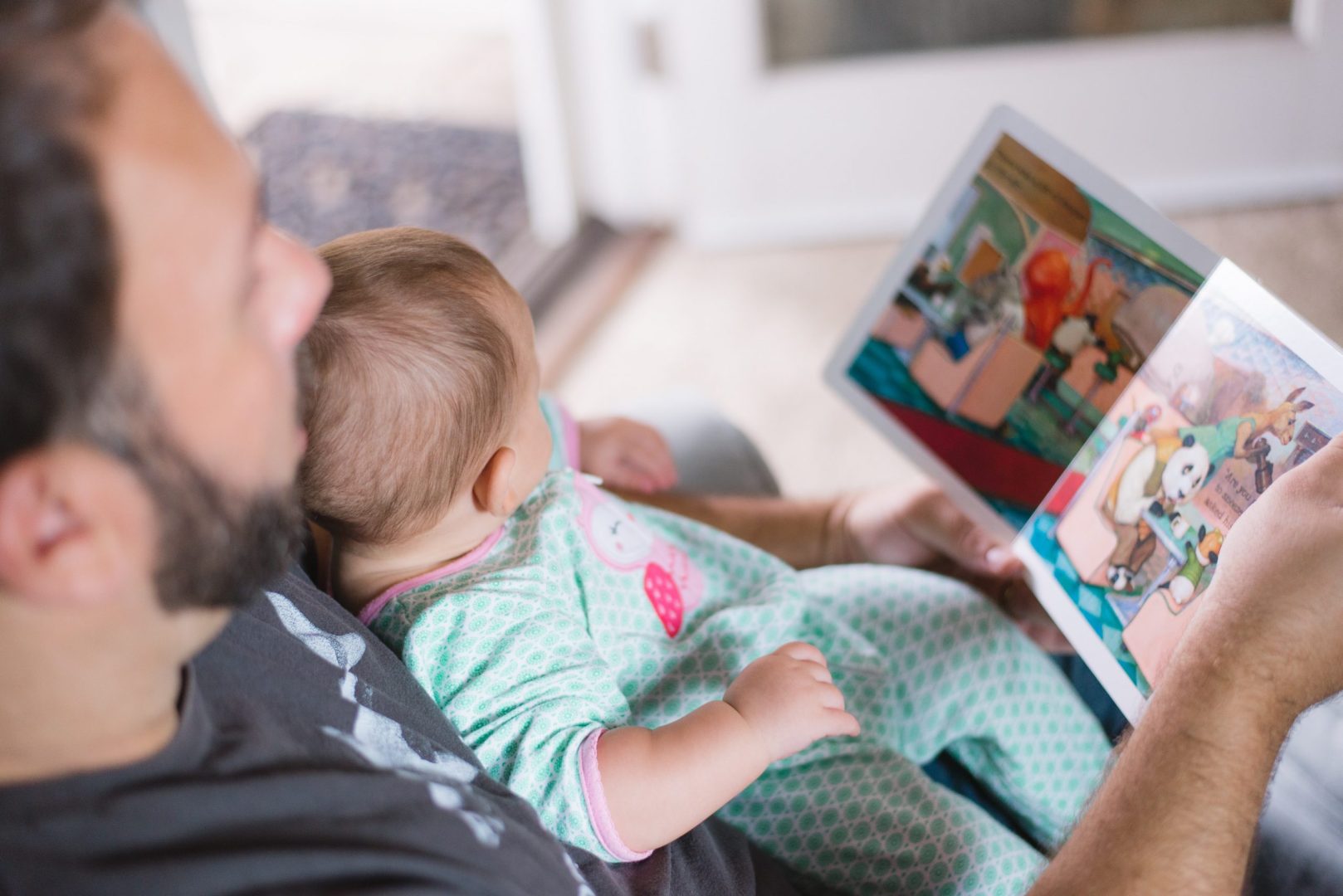Looking for the latest research on sexual health and adolescent parents in out of home care? We have it for you on ReSHAPING’s brand new website.
Do you know where you can find the latest research in one place?
If it’s about sexual health and adolescent parents in out of home care, then it’s on ReSHAPING’s brand new website: www.reshapingnetwork.org.
ReSHAPING brings together an international network of scholars spanning the fields of social work, public health, public policy, and psychology dedicated to collaborative research on understanding youth needs and improving their outcomes related to sexual health and parenting. We focus on youth who are homeless, trafficked, or in out-of-home environments, whether in child welfare, juvenile justice, or other systems.
And the name…well, that stands for Research on Sexual Health and Adolescent Parenting in Out of Home Environments Group.
But we like ReSHAPING because it highlights our commitment to improving supports and services for youth experiencing out of home placements and the ways we can support their own healthy bodies and relationships, as well as the fledgling relationships they have with their own young children.
But we like ReSHAPING because it highlights our commitment to improving supports and services for youth experiencing out of home placements and the ways we can support their own healthy bodies and relationships, as well as the fledgling relationships they have with their own young children.
We’ve partnered with Healthy Teen Network because our interests are aligned—we’ve got the latest research, and Healthy Teen Network has you, their members. And both of us just want to make sure it’s easy for you to find the information and resources you need.
We know talking about sex and relationships with young people is never easy, and it’s especially not easy with young people who are placed away from their families and who may need those conversations most. However, we know from our research that it’s vitally important, not only for the youth themselves but also for their children, current or future, to be as supportive and open with them as possible as they develop their sense of self around sexual orientation and gender identity, make smart and empowering decisions around intimate relationships and sexual activity, and learn how to build nurturing relationships with their own children.
Through this partnership—the very definition of research to practice—we hope that direct service providers such as yourselves can find and apply the latest research to support and empower young people to lead healthy and fulfilling lives. Generous funding from The Annie E. Casey Foundation has supported the creation of this partnership.
ReSHAPING Members include prominent researchers:
- Elizabeth Aparicio, PhD, MSW, University Of Maryland, College Park
- Amy Dworsky, PhD, Chapin Hall at The University Of Chicago
- Monica Faulkner, PhD, LMSW, Texas Institute For Child & Family Wellbeing, Texas Institute for Child & Family Wellbeing, Steve Hicks School of Social Work, The University of Texas at Austin
- Nadine Finigan-Carr, PhD, University Of Maryland, Baltimore, School Of Social Work
- Claudette Grinnell-Davis, PhD, MS, MSW, Anne and Henry Zarrow School Of Social Work, University Of Oklahoma, Tulsa Campus
- Grace Hubel, PhD, College Of Charleston
- Bryn King, PhD, MSW, Social Work, University Of Toronto, Children’s Data Network, University Of Southern California
- Andrea Lane Eastman, PhD, MA, University Of Southern California
- Katie Massey Combs, MSW, MPH, University Of Colorado Boulder
- Lisa Schelbe, PhD, Florida State University College Of Social Work
- Svetlana Shpiegel, PhD, MSW, Montclair State University, Department Of Social Work and Child Advocacy
- Rhoda Smith, PhD, MSW, Springfield College
Get the latest research in one place at www.reshapingnetwork.org.









